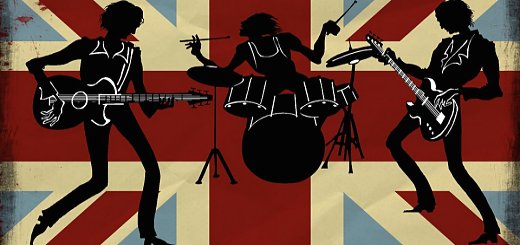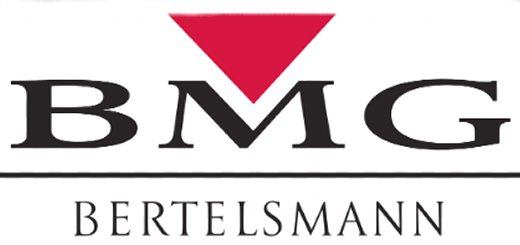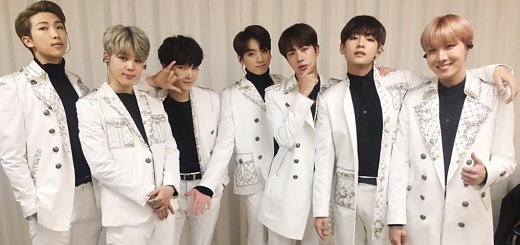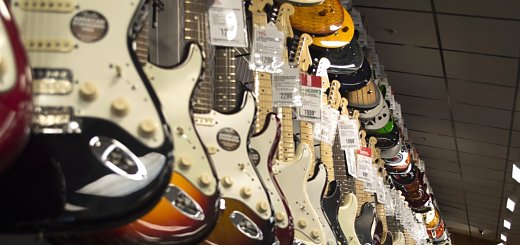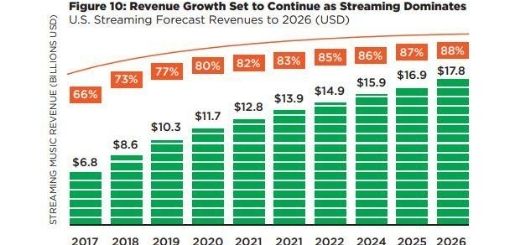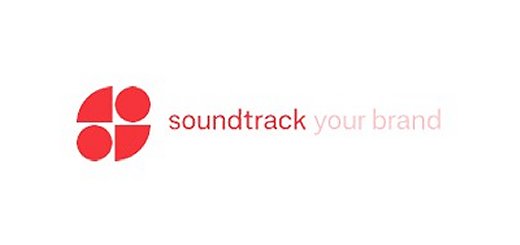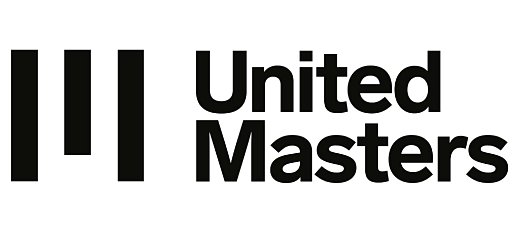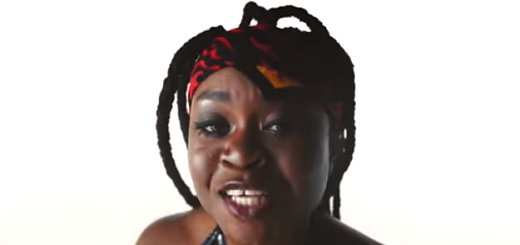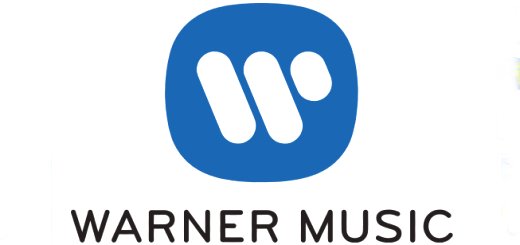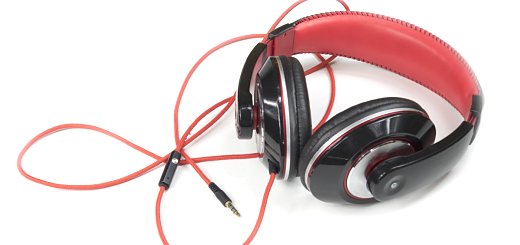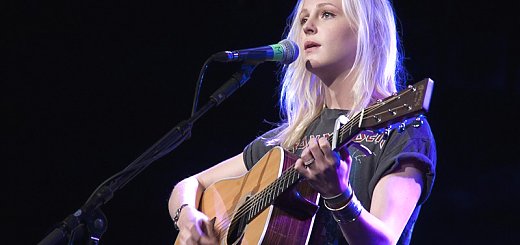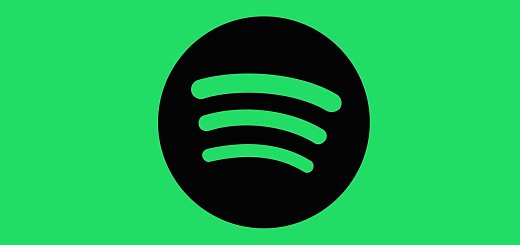Hipgnosis Songs acquires L.A. Reid’s song catalog, with hits by Whitney Houston, Bobby Brown
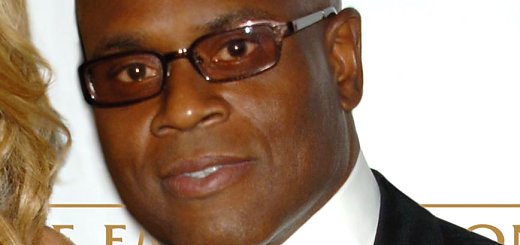
Hipgnosis Songs has acquired 100% of Grammy Award-winning songwriter, producer and music executive L.A. Reid's publishing interests and writers share of income in his 162-song catalog. Reid's catalog includes Boyz II Men’s Grammy-winning 'End of the Road', Bobby Brown’s 'Every Little Step', 'Don’t Be Cruel', 'Roni' and 'Rock Wit’Cha', as well as Whitney Houston’s smash 'I’m Your Baby Tonight' and 'Queen of the Night', from 'The Bodyguard'. LA Reid He has also scored hits with the Whispers, Sheena Easton, Karyn White, TLC and Toni Braxton. Hipgnosis Songs' revenues soared in its first full year of business, climbing to $81 million in the 12 month period ended in March 2020 from around $8.9 million in the preceding period, Music Business Worldwide reports. The firm, which has been on an unprecedented acquisition binge of hit songwriter and producer catalogs - between March 2019 and March 2020, the company spent nearly $700 million to acquire 42 catalogs.
